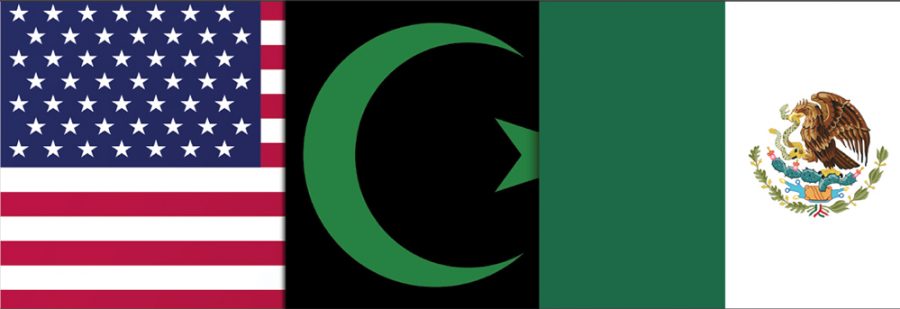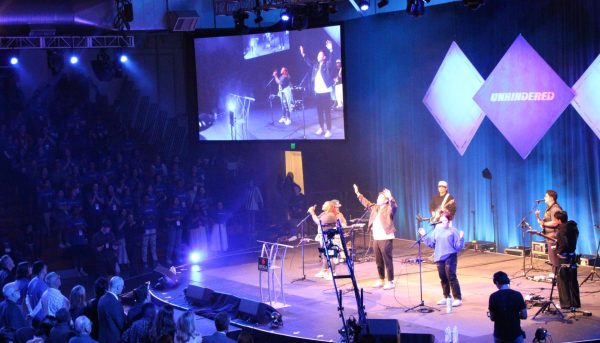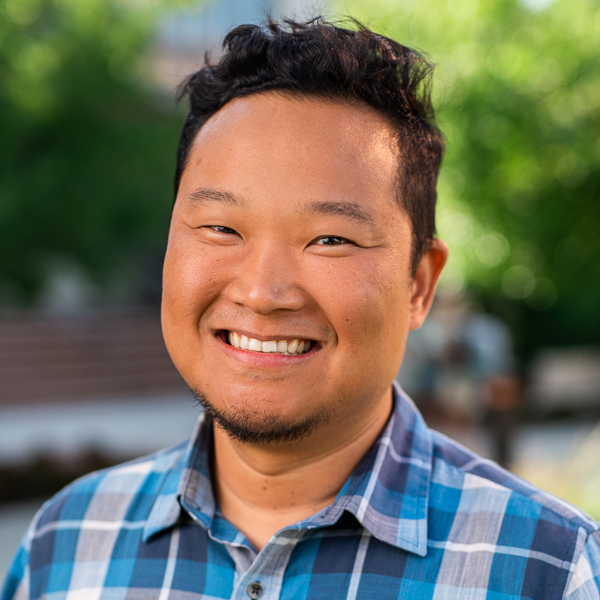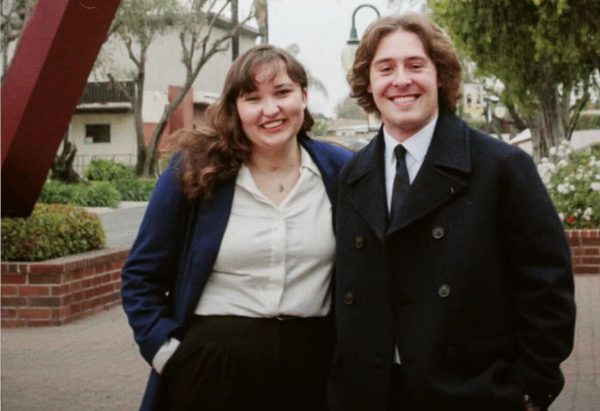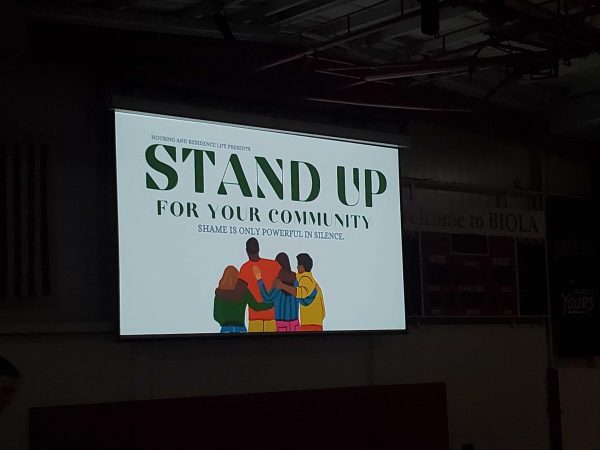Faculty support marginalized students
Christian university faculty and staff members sign statement to address current issues.
April 26, 2017
Updated on April 28 at 4:25 p.m.
To date, 26 Biola faculty members have signed a statement to support marginalized students who attend Christian universities across the country.
Supporting the marginalized
Once the statement, drafted by North Park Theological Seminary and Westmont College, became public on social media and through the press, faculty and staff members from approximately 150 Christian and Catholic schools of higher education signed the statement.
While faculty members from North Park Theological Seminary watched the election progress, they began to notice the divisive ways topics including gender and race were discussed, according to the seminary’s professor of theology and ethics, Michelle Clifton-Soderstrom.
“Our faculty wanted to write a statement that showed that we’re not going to be politically divisive and we’re going to stand in the space of the gospel, which often puts us in those in between spaces that can be really difficult,” Clifton-Soderstrom said. “Another one was actually more personal and intimate to our community, and that is… many students that were feeling traumatized by the election results as well as the rhetoric around it.”
Care for students
With the intention of showing support for marginalized students, four faculty members and the dean of the seminary David Kersten wrote a letter. They hoped to convey the message biblically, theologically, as well as pastorally, according to Clifton-Soderstrom. They also wanted to cover a wide range of topics, including levels of privilege and national sins.
“We didn’t want to make it about Trump. We wanted to say he might represent some of the fears and national sins we have but this is not about him,” Clifton-Soderstrom said. “This is about something much deeper. This is about the community in the U.S. at this time and the ways that we are talking to each other and not seeing each other.”
After the drafting and editing of the letter, seminary faculty and staff were asked to sign the letter in order to show their care for students.
“The vision behind [having faculty and staff sign the letter] was to show a unified voice, to show a strong voice, to show that even we as a community who embody different levels of power, even between faculty and staff, to show that we would like to work together to address through theological education and through our pastoral mission to address some of these issues that are named in the letter,” Clifton-Soderstrom said.
Westmont picked up the statement because several faculty members considered themselves part of the congregation surrounding North Park. Westmont received permission from North Park to adapt the statement to their own faculty members and posted their own statement on their website.
“We are Christian intellectuals,” said Lisa Deboer, Westmont professor of the history of arts. “We are responsible to the standards of the academy, we are responsible to the standards of our guild, but we are also responsible to the highest calling of our faith and we have to speak to the broader culture about what it is Christians stand for and we have to speak to our churches about what our witness is actually looking like in the larger culture.”
A growing list
After receiving requests from professors from other colleges and universities, Westmont edited the statement once more, which included removing language specific to Westmont. Upon completion, they created a website and began circulating the statement on social media. Requests increased after the Council for Christian Colleges and Universities shared it on their Facebook page and Inside Higher Ed covered it.
“One of the things that’s been so encouraging to me is that when I look at the list that is growing every day on the web is to see how many people in different academic areas of study in varying kinds of institutions are saying, ‘Yes, this describes my commitment,’” Deboer said.
At Biola, faculty members in several different departments have signed the statement, including professor of sociology Brad Christerson. He signed the statement after finding it through social media, but also because he believes the treatment of people on the margins needs to change.
“I think we just need to affirm that just the suffering and the marginalization that people are experiencing not only nationally because of the current political climate, but in our evangelical subculture and just confess that, repent of it and promise to protect and embrace those among us on the margins,” Christerson said.
Christerson also noted that while these problems of racism, misogyny and marginalization of people groups have existed for a long time, the current political climate makes the issues particularly important now.
“It’s always important to stand up for people in the margins, but particularly now. Because of the current climate and some of the current policies that are being implemented, I think it’s really an important time in our history to stand up,” Christerson said.
Allen Yeh, associate professor of intercultural studies and missiology, also first heard of the statement on social media. He claimed to feel hesitant initially to sign the statement in order to avoid it becoming a political statement, but decided to sign the statement after examining the different parts and the Scripture references included with them.
“I realized that the gospel is inherently political,” Yeh said. “I mean, Jesus was political… So for people to say, ‘Oh, let’s not get political with our Christianity,’ I’m sorry, but we can’t help it. It’s sort of the definition of it. If it’s about people and how to love your neighbor and associate with other people who are different from you then it’s political.”
Yeh hopes students and people from outside Christian institutions will see this statement as supported by Christian intellectuals from varying backgrounds. He also hopes the statement will encourage the church to go back to the basics of Christianity.
“Everything in it was scripturally based and part of me thought, ‘What Christian wouldn’t sign this?’” Yeh said. “What I see this document is as a purifying, let’s get back to the basics document. And this is saying, ‘Hey, let’s remind ourselves of what we’re about. Let’s remind ourselves of what God is about and what the gospel is about.’”


